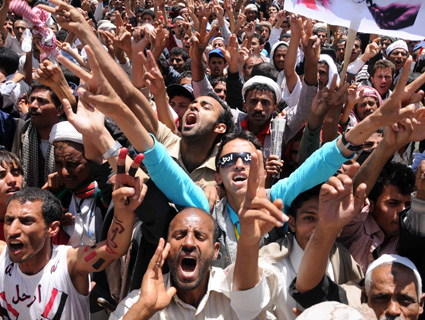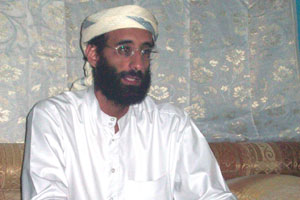Kevin is on vacation this week, so Andy Kroll and I are filling in a bit.
The Washington Post reports on a massive jailbreak of Islamic militants from one of Yemen’s largest prisons:
Among the escapees Wednesday were members of an al-Qaeda cell that has killed foreign tourists and tried to attack the U.S. Embassy in Yemen and other Western targets, according to Yemeni officials. [Al Qaeda in the Arabian Peninsula] was behind the attempted bombing of a Detroit-bound commercial flight on Christmas Day 2009 and the mailing of bombs on cargo planes destined for the United States….
…The prison break Wednesday, though far from the first in Yemen, came at a moment of political crisis in the country and seemed likely to heighten fears among U.S. counterterrorism officials that AQAP is gathering strength as the authority of the central government weakens.
Even in the best of times, Yemen was not a great place to imprison radical Islamists. The prisons there have always been leaky at best, and the central government’s authority didn’t extend very far past the capital. Now the country is even more wracked by chaos and intranational violence than usual, and AQAP has scored some successes—the latest being this prison break. The Obama administration has apparently decided, in the wake of the Christmas Day and cargo bomb attacks, that this is a threat worthy of a semi-secret drone war but not, well, an “actual” war.
In a “real” war, we’d go in and detain these guys ourselves, rather than relying on incompetent and potentially backstabbing proxies. That doesn’t, thankfully, seem to be on the table right now. (I don’t think America can afford another land war in Asia.) But the war on terror does produce some odd paradoxes. In today’s world, it’s easier, politically and legally, for America to vaporize a foreigner it suspects of terrorism than it is to keep that person in prison. That’s pretty weird.














